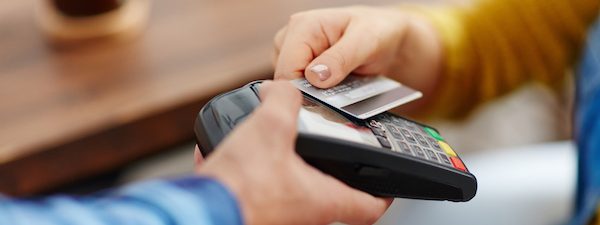If a financial budget is consistently unattainable, the true value of the budget may be incidental.
Why Do You Need A Personal Financial Budget?
- Financial budgeting is a systematic approach to financial planning that helps individuals gain clarity on their income and expenses, and provides insight into their financial health. By budgeting, individuals can detect potential financial problems in advance, and avoid falling into a financial crisis due to overspending or insufficient income.
- Financial budgeting is an effective means of achieving financial management goals. Through scientific and reasonable planning, it helps individuals achieve their financial goals more quickly and effectively. In summary, financial budgeting is about controlling impulsive spending and reducing unnecessary consumption without compromising on the expected quality.
How To Create A Personal Financial Budget?
- To begin with, start by listing all your sources of income, such as your salary, investment returns, part-time income, etc. It is essential to be as detailed as possible while doing so. You can manage this through assets and liabilities.
- Next, divide your expenses into two categories: required expenses and optional expenses. Required expenses are expenditures that are necessary, such as rent, water and electricity bills, food, and other daily necessities. On the other hand, optional expenses are non-essential, such as entertainment, travel, and other expenses that are not mandatory. You can budget required expenses separately, while optional expenses can be combined into a monthly budget.
- After dividing your expenses, set a reasonable budget amount for each expense category to ensure that your total expenses do not exceed your total income. You can use the percentage method or specific budget amounts to set the proportion of each expense category to total income to a reasonable range.
- Finally, ensure that there is a section in your budget for saving and investing to achieve your long-term financial goals. This is an important part of financial planning. You can set savings and investment goals in the income budget.
How To Implement A Personal Financial Budget?
- It is advisable to use a financial management tool or app to record and track all expenses, making it easier to implement a financial budget. It is particularly important to choose accounting software with budget management features. With accounting software, each expense and income can be automatically counted in the budget management system, and budget execution can be monitored at all times.
- It is recommended to review the financial budget regularly every month to ensure that actual expenditures align with the budget, and make targeted adjustments to the budget plan. At the end of each month, it is important to check the budget execution results and make timely adjustments to the next month’s budget.
- In case of emergency expenses, it is essential to be flexible in adjusting the budget to ensure that they do not affect your overall financial plan.
How To Optimize Your Personal Financial Budget?
- One way to manage your finances better is to use financial tools to track your spending habits. By doing so, you can identify unnecessary expenses and optimize your spending in a targeted manner. You can view your monthly income and expenditures and get detailed reports and bills.
- Another way to save money is to look for ways to reduce your expenses, such as taking advantage of shopping promotions, coupons, and other similar offers.
Developing and implementing a personal financial budget can help you become a more balanced and self-controlled individual. It’s important to understand that true happiness doesn’t come from excessive spending or indulging in entertainment and social activities. Rather, it comes from experiencing a gradual increase in satisfaction and contentment. This sense of fulfillment can be achieved by practicing restraint in all areas of life. By establishing healthy financial habits and sticking to a budget, you can find greater joy and happiness in the things you choose to spend your money on. Ultimately, the key to a fulfilling life is finding balance and moderation in everything you do.




